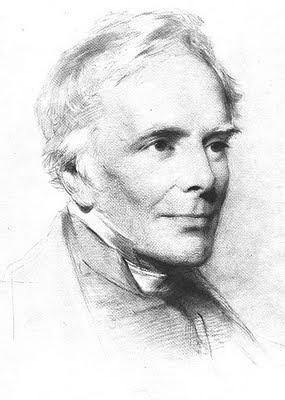14 July and John Keble
 |
| Engraving by F. Holl., after G. Richmond. |
In the Church of England today is the commemoration of John Keble, Priest, Tractarian, Poet. I'm not expecting fireworks.
I first became aware of John Keble (pictured left) through 2 books of poetry belonging to my maternal grandmother. These were 'The Psalter in English Verse' (a metrical version of the Hebrew Psalms) and the better known 'The Christian Year' published 1827, popular as a devotional book throughout the 19th century.
In 'The Christian Year' Keble provided a poem for every Sunday and feast day of the Christian calendar (according to the BCP and its lectionary of that time) with extras for Morning, Evening, Burial, Matrimony and other occasions including 'Gunpowder Treason'. Just a few of Keble's verses from this book are still in use as hymns, such as: 'New Every Morning', 'Sun of my Soul', 'Blest are the pure in heart'.
 |
| Photo by Elizabeth Bruton |
This became the pastoral inspiration that led to the religious revival known as the Tractarian or Oxford Movement.
Only the year before, it seems Keble was despairing about the state of the Church of England, describing it as "a wreck". According to a paper by Robert Tuck, in a letter of 1832 to Hubert Cornish, John Keble wrote:
"Will you join me in buying some land in New Brunswick, or somewhere, so we may have a place to fly to in case of the worst? I am seriously thinking of it. I don't mean so much a place to fly to as a place where one might find bread and cheese if we could not pick it up here, for it seems to me one ought to be among the last to leave the wreck."
 |
| All Saints, Hursely, image by Mr Ducke |
He is reputed to have said, probably following the Gorham case (about baptismal regeneration) that
"If the Church of England were to fail, it would be found in my parish."
Can anyone give me a source or more accurate context for this quote?
It is said that Keble once preached at Winchester Cathedral, but was never invited back as he was thought too Papist. (There's nothing new about controversy in the Church of England.) My grandmother, from whom I have his poems, would certainly have thought Keble's views too Papist. She was brought up as a 'Wee Free' (Free Presbyterian Church of Scotland). Is that why some of the pages in her Keble's Psalter remained uncut? It couldn't hold a candle to the Scottish Psalter? I wrote about that in Music Matters. She would have disagreed with many of Keble's theological and political views. As do I - but that's another story.
PS. If it's Sunday and you click on the link above to the Free Presbyterian Church of Scotland you will find it closed.
Comments
Post a Comment